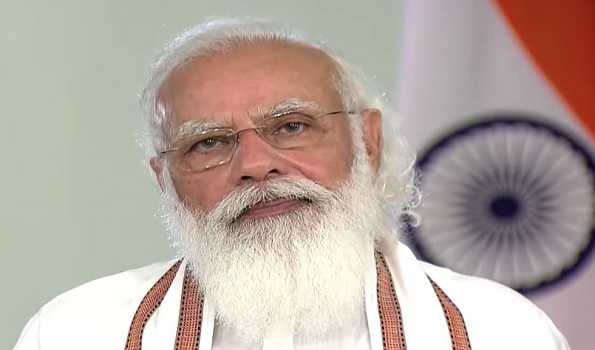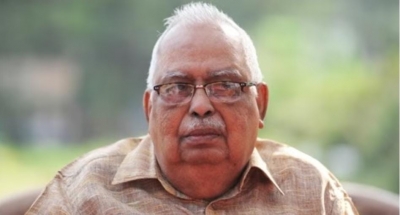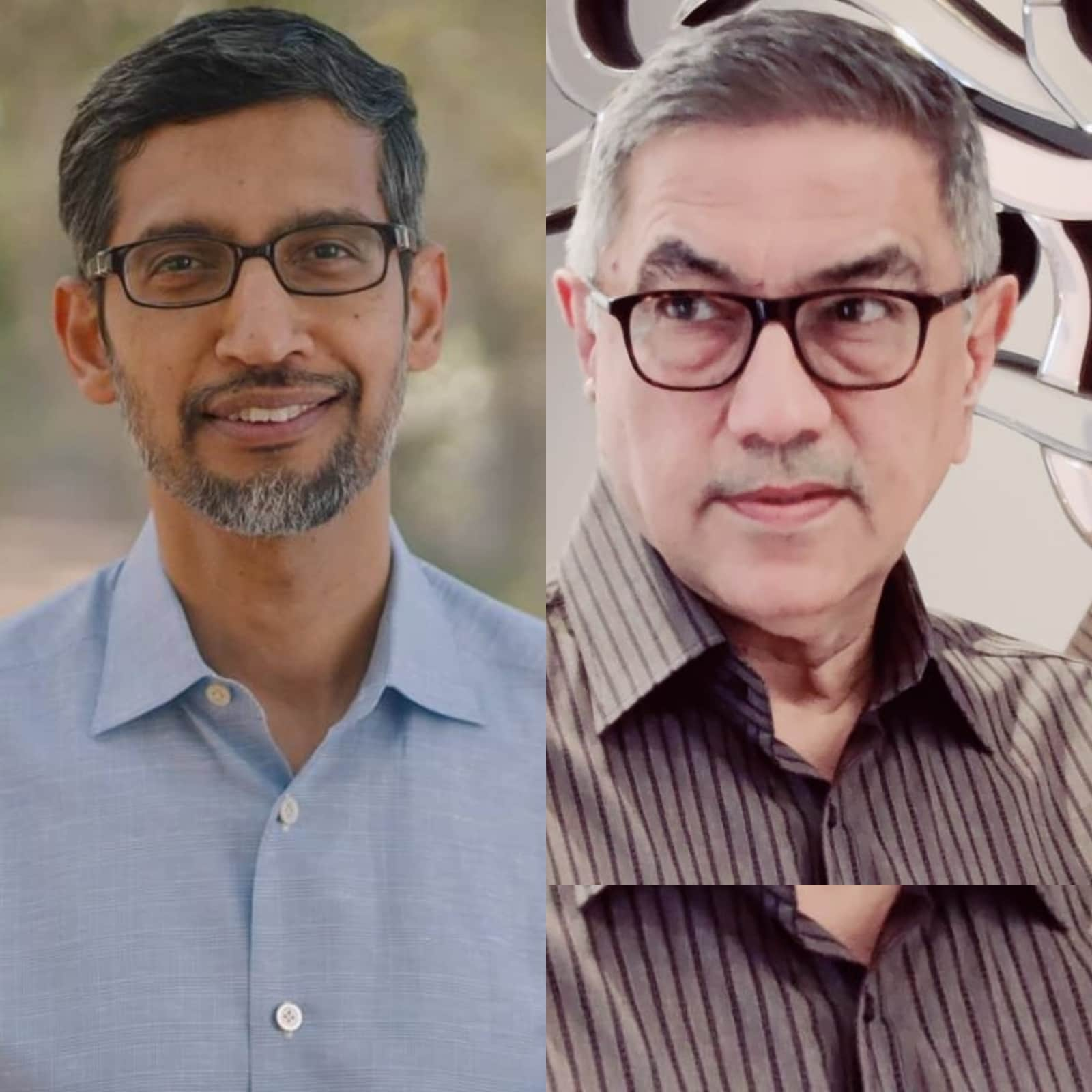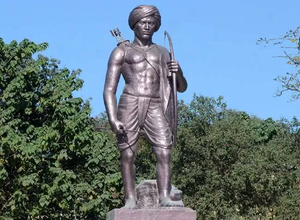Afghanistan developments highlight challenges posed by growing radicalisation: PM Modi at SCO summit

New Delhi/Dushanbe : Prime Minister Narendra Modi on Friday said the recent developments in Afghanistan have highlighted the challenges posed by growing radicalisation and said the Shanghai Cooperation Organisation (SCO) must develop a template to fight radicalisation and extremism.
Addressing the SCO summit being held in the Tajikistan capital virtually, Prime Minister Modi said: “I believe that the most important challenges today are linked to peace, security and trust deficit. And the main reason for these problems is growing radicalisation.
“The recent developments in Afghanistan have highlighted these challenges more clearly. The SCO should act with priority on this issue.”
He said that Central Asia has always remained a bastion of moderate and progressive culture and values.
“Sufiism has remained a tradition here for centuries and spread from here to other regions and the world. This is evident in the traditional values of the region. Keeping the Central Asia tradition of moderation and culture in mind, the SCO should develop a proper template to combat radicalisation and extremism,” he stressed.
The PM said that in India, and in almost every other SCO country, moderate, tolerant and inclusive traditions and societies linked to Islam are present. “The SCO should work towards developing a strong network among these societies,” he stressed.
He praised the useful work being done by the SCO RATS – Regional Anti-Terrorist Structure – mechanism.
The RATS, headquartered in Tashkent, Uzbekistan, is a permanent organ of the SCO which serves to promote cooperation of member states against the three evils of terrorism, separatism and extremism.
PM Modi said that India, during its leadership of the RATS mechanism, had presented a calendar of activities. “We expect the full support of all the SCO members on it. It is needed in the fight against radicalisation, for regional security and building trust, it is also needed for ensuring a bright future for our youth.”
He said that to keep abreast of the developed world, the region should also become a stakeholder in new and emerging technologies. “For this, the countries must encourage bright young minds towards science and rational thinking.”
He suggested that the SCO countries can promote scientific and rational thinking and an innovative spirit by connecting their young entrepreneurs and start-ups.
“With this approach, India organized the first SCO Start-Up Forum and Young Scientists Conference last year. In the previous years, India has successfully used technology in its development journey.”
He also said that whether it is in technologies like UPI and Rupay Card to increase financial inclusion or digital platforms like our Aarogya-Setu and COWIN in the fight against COVID, India has voluntarily shared these with other countries as well. “India will be happy to share these open source technologies also with our SCO partners and to organize capacity building activities for this.”
PM Modi said that due to radicalisation and insecurity the vast economic potential of the Central Asian region has remained untapped. “To take full advantage of the mineral wealth of the region or for intra-SCO trade, we must stress on intra-connectivity projects.”
He stressed that India is committed to increasing its connectivity with Central Asia.
“We believe that land-locked Central Asian countries can benefit immensely by connecting with India’s vast market. Unfortunately, many connectivity options are not open to them today.”
He said that India’s investment in Iran’s Chabahar port and its involvement in the International North-South Corridor are driven by this reality.
Stressing on transparency and the need to ensure the territorial integrity of nations in connectivity projects, PM Modi said: “Any initiative on connectivity cannot be a one-way street. The connectivity projects should be consultative, transparent and participatory to ensure mutual trust. In this regard, respect for the territorial integrity of all countries should be implicit. Based on these principles, SCO should develop suitable norms for connectivity projects in the region.”
This was an indirect reference to China’s Belt and Road Initiative, which India has refused to join due to lack of transparency and also because it passes through Pakistan Occupied Kashmir, which India has said is a transgression of its territorial integrity.
PM Modi said that with suitable norms for connectivity projects the SCO will be able to restore the traditional connectivity of the region, and “only then connectivity projects will work to connect us, and not to increase the distance between us.”
He said that India is ready to make every kind of contribution from its side towards that.
“My suggestions on radicalization, connectivity and people-to-people relations will further strengthen this role of SCO,” he said.
He thanked Tajikistan President Emomali Rahmon for organising the summit in hybrid format and also greeted Uzbekistan as the next SCO Chairman and assured India’s full cooperation.
Earlier, in the speech he congratulated President Rahmon on his successful Presidency of the SCO Council.
PM Modi welcomed Iran as the newest member state of the SCO, and the three new dialogue partners – Saudi Arabia, Egypt and Qatar, which he said highlights the growing influence of the grouping.






